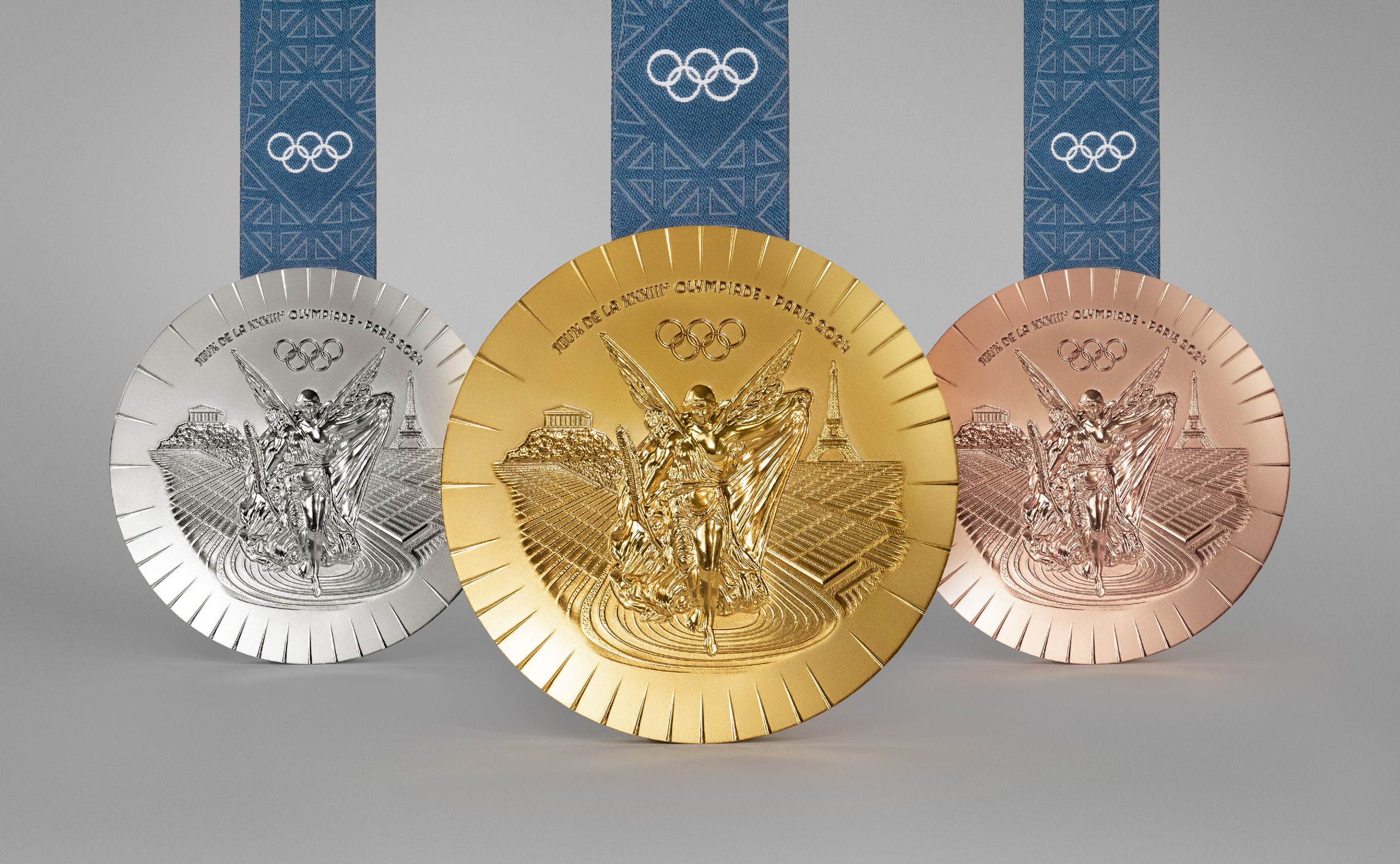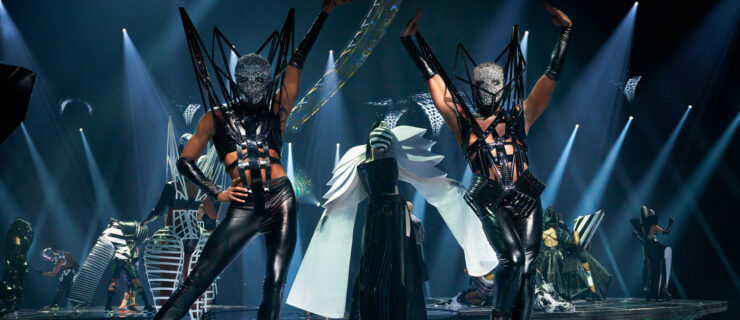Highlights and Takeaways From Breaking’s Olympic Debut
Dance shone in the global spotlight like never before this past weekend as breaking made its long-anticipated debut on the Olympic stage. In a packed amphitheater-style arena at Paris’ Place de la Concorde, 32 dancers from all over the world—16 b-boys and 16 b-girls—competed head to head to see who would go down in history as the first ever Olympic breaking champions. Here are the highlights from Friday’s and Saturday’s jam-packed days of competition.
The Setting
Even watching from home, the excitement and energy at the Place de la Concorde felt electric. Thousands of spectators, many of them breakers themselves, filled the stands, grooving along in their seats and hyping up the competitors.
Music is the backbone of every good battle, and on that front, the Olympics delivered. Two renowned disc jockeys in the breaking scene—New York City’s DJ Fleg and Poland’s DJ Plash—were on the decks, scratching and spinning iconic tracks from the likes of James Brown, Busta Rhymes, and A Tribe Called Quest. The emcees, another crucial element of hip-hop culture, also rose to the challenge: France’s Malik Moujouil (“Maleek”) and Portugal’s Max Oliveira kept the crowd and competitors’ energy high throughout both 10-hour competition days.
Though one of NBC’s announcers, Blythe Lawrence, was from outside the breaking world (gymnastics, to be exact), most commentary came from insiders: breakers Candy Bloise, Ronnie Abaldonado, and David “Kid David” Shreibman. While those familiar with breaking might have appreciated a bit more nuance in their deliveries, overall they did a great job explaining the basics of the sport and paying homage to its hip-hop roots.
The Scoring
Much of the controversy around breaking as an Olympic sport has concerned scoring. Organizers were tasked with developing a system that would work in Olympic competition while still honoring breaking’s history as a freestyle form.
The Games ultimately had nine judges use a DJ fader to score each breaker against their opponent on technique, vocabulary, execution, musicality, and originality. Despite all the uncertainty, the system seemed to work well; there were no challenges made to the results of any rounds. It was refreshing to see that the judges—respected breakers from all over the world—valued foundational elements and performance quality as much as flashy tricks. While France’s veteran breaker Dany Dann, for example, didn’t necessarily match the physicality of Australian newcomer J. Attack, Dann ended up winning every single judge’s vote both rounds with his combination of musicality and personality.
The Competitors
Though breaking was born in the Bronx, Team USA didn’t have the best showing in these games. By the end of 24 round-robin battles, both of the U.S.’s b-girls, Sunny Choi and Logan “Logistx” Edra, had been knocked out of the running.The b-boys of Team USA fared better. Jeffrey “Jeffro” Louis and Victor Montalvo were able to advance to the semifinals, with Montalvo making it all the way to the bronze-medal battle, where he earned a decisive win against Japan’s Shigeyuki “Shigekix” Nakarai.
By Sunday night, Canada’s Philip “Phil Wizard” Kim and Japan’s Ami Yuasa had been crowned the Olympic b-boy and b-girl champions, respectively. (You can find the full list of winners here.) Even though only a few breakers made it to the final podium, there were many beautiful moments of sportsmanship among the competitors, demonstrating how close-knit and supportive the breaking community is worldwide.




